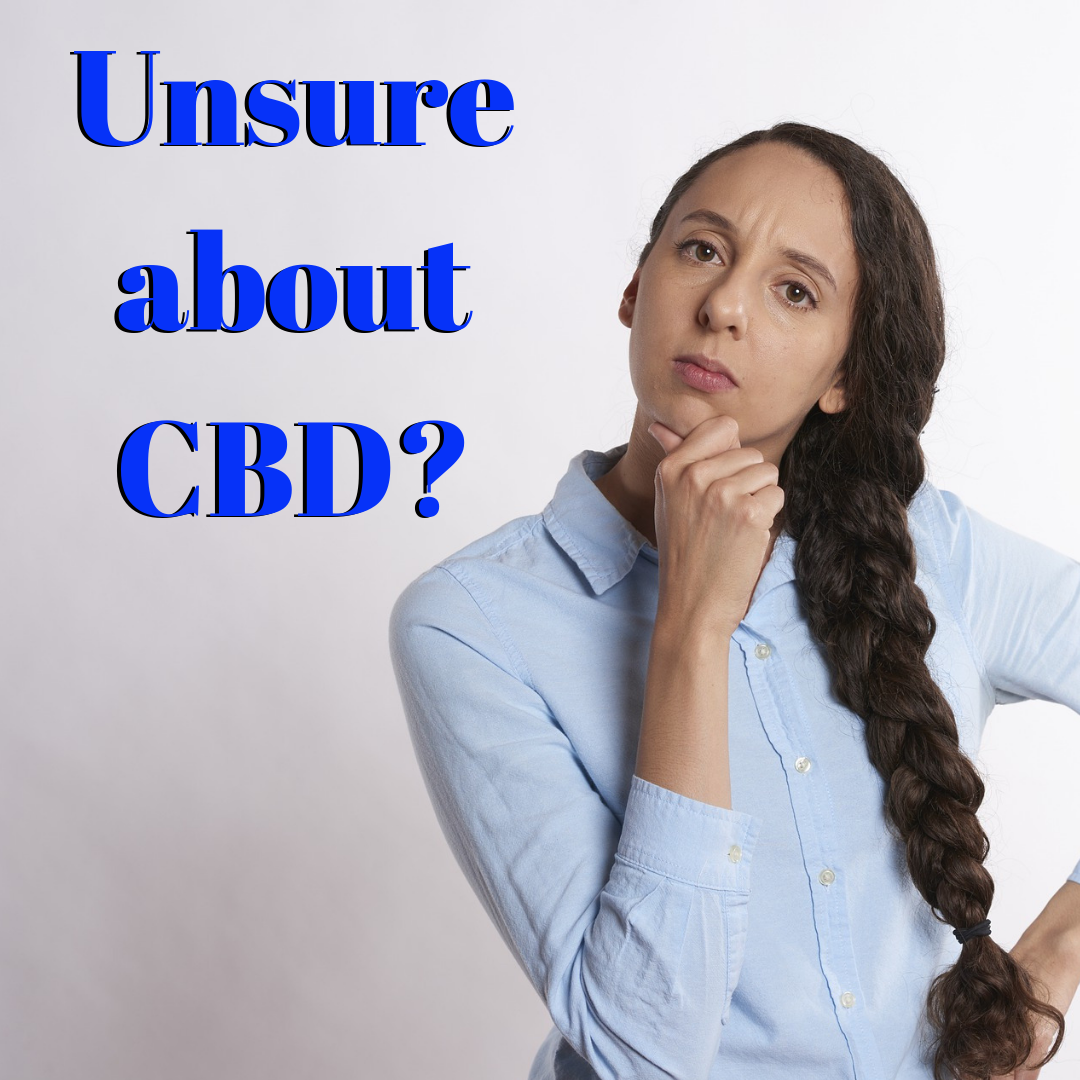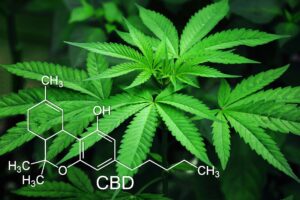What is CBD and How Does It Work?

Over the last few years, CBD has become a more regular and prevalent topic of conversation. Just Google the term and, boom, you’ll find thousands upon thousands of links, articles and blogs about this little molecule.
You’ll also find tons of erroneous claims being made by many up and coming CBD companies, which has left some confused and unsure as to whether or not they should even give CBD a try.
Well, what do we know about CBD?
We know CBD is derived from hemp, which falls beneath the sometimes uncomfortable label of cannabis. That’s because marijuana is hemp’s wacky cousin that gets you high.
Not so for CBD!
If you run a Google search for ‘CBD’, you will find a ton of scientific information with explanations and words like, ‘receptors’, ‘binding’, ‘CB1 & CB2’, ‘Endocannabinoid System’ and ‘compounds’.
Yeah…so what the heck does any of that mean?
Let us explain. (But, hang tight: There is some science we have to share in order to get to the good stuff.)
Cannabis has well over a 100 chemical compounds within it. The two most prevalent and the most familiar ingredients are THC (tetrahydrocannabinol) (mainly marijuana) and CBD (Cannabidoil) (mainly hemp). THC is what we have been most familiar with. THC is a psychoactive cannabinoid which means it has an effect on mental process and can cause dysphoria, uneasiness, a feeling of being disconnected to reality, euphoria and anxiety, among other feelings we associate with the sensation of ‘getting high’.
CBD, however, is not psychoactive. When CBD is separated from THC and taken on it’s own, CBD does not and cannot cause a high.
CBD and THC are both naturally found within the two cannabis plants. How they interact with the cells in our bodies can produce very different effects.
Where THC is used ‘medicinally’ to treat everything from insomnia to glaucoma, we all know the primary purpose of marijuana is to experience the high. And hey, if it’s legal in your state to use and buy, you get no judgement here. Chances are, the long term side effects of using marijuana are far less than those of other legalized substances, like alcohol, tobacco and many pharmaceuticals.
With CBD, there is no ‘high’, but many do use it to aid with sleep and anxiety. Currently, there is only one product that has been FDA approved containing CBD. Epidiolex is a drug used to help people treat two severe forms of epilepsy. However, many have laid claims on CBD, saying it can ‘take away your pain’, ‘cure cancer’ and even improve your sex life!
Hmmm, I don’t know about you, but those types of statements sound a touch fishy and far-fetched. We do know studies have shown CBD to aid with sleep (1)(not cure insomnia), alleviate stress (2) (not wash your worries away) and CBD has shown promise in relieving arthritis (3) and other discomforts. As for the rest, well, I can’t wait to see how they come with a way to test CBD in the bedroom…
CBD has been shown to have anti-inflammatory and antioxidant properties. Thanks to the passing of the Farm Bill, more studies can be done to identify the effectiveness of CBD, and to see what, if any, potentially harmful side effects it has. Currently, the only side effects of note are: potential liver damage (please see source notes for links on this side effect) (4), change in appetite and mood, and drowsiness when mixed with alcohol. Please remember, CBD is a molecule found in hemp that interacts with other drugs in many different ways. Consult with your physician prior to trying CBD.
Ok, so does it work?
Whew, here’s the abbreviate skinny on how CBD works with our bodies. We have a system of cell receptors in our bodies called the Endocannabinoid System (ECS). They run through our connective tissues, glands, immune system and even into our organs and brain. Since cannabinoid receptors are found in so many places in our body, it makes sense why they are imperative for optimal health.
CBD, and other compounds found within cannabis, interact with this system. What we’re excited to learn is the level at which CBD actually works with our own ECS. And this will only happen as universities and medical facilities perform more and more studies. Currently, the FDA has not approved any CBD product, with the exception of the drug called Epidiolex.
As a company which strives to provide its customers with top of the line products, please know Enhanced Health ONLY sells products that have been third party tested, have a verified Certificate of Analysis (COA), and the hemp is grown in the U.S. within the GMP (Good Manufacturing Practice). Beneath our label, EHP, our CBD is also certified organic and non GMO. While EHP, and other reputable CBD companies sell and will continue to sell quality products, we urge everyone to always know where the product they are buying comes from. Even if you decide EHP is not the right CBD provider for you, please make sure the products you buy fit the criteria we require for ours!
When you feel comfortable, take a peek on Enhanced Health Products Shop to find the best product for you!
SOURCES
(1) https://www.healthline.com/health/cbd-for-insomnia
(2) https://www.medicalnewstoday.com/articles/319622.php#cbd-oil-and-anxiety
(4) https://www.ncbi.nlm.nih.gov/pmc/articles/PMC6539990/
This website contains general information about medical conditions and treatments. The information is not advice, and should not be treated as such.
The information in this article is intended for informational purposes only and not intended to diagnosis, cure, or treat any healthcare issue.
Our products have not been approved by the FDA and should not be considered for use as a nutritional supplement.
Please consult your doctor or other appropriate medical professional before adding CBD or any of our products to your routine.
